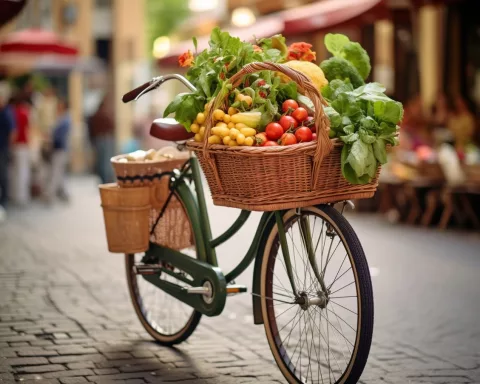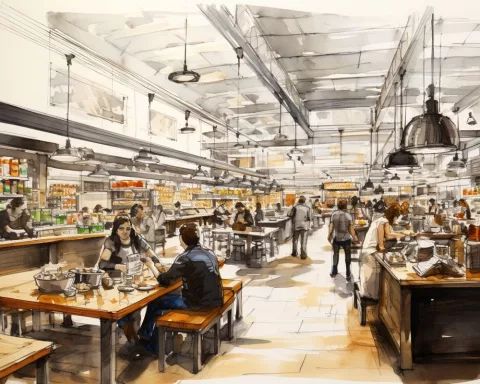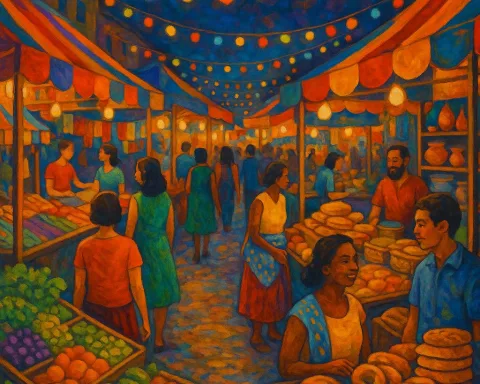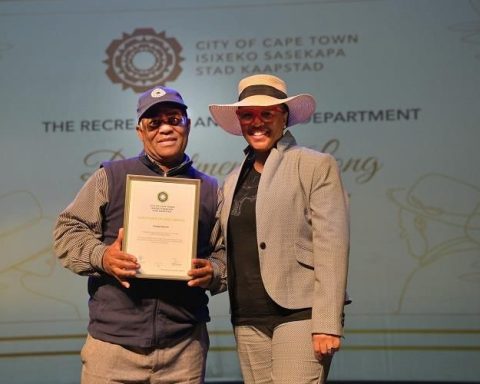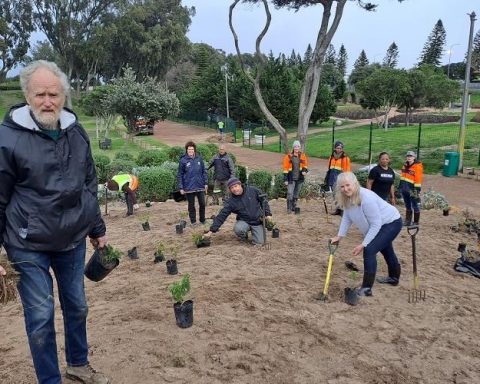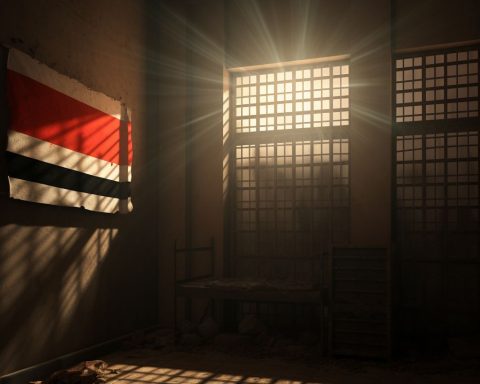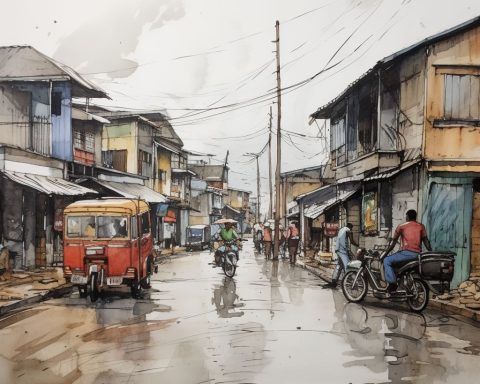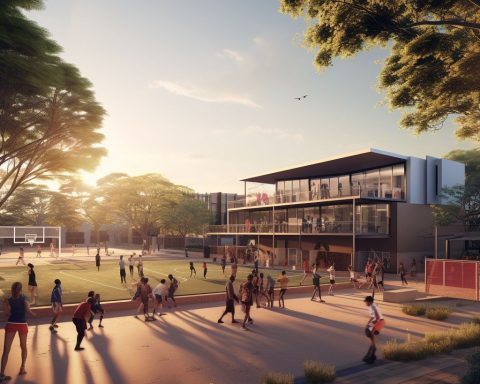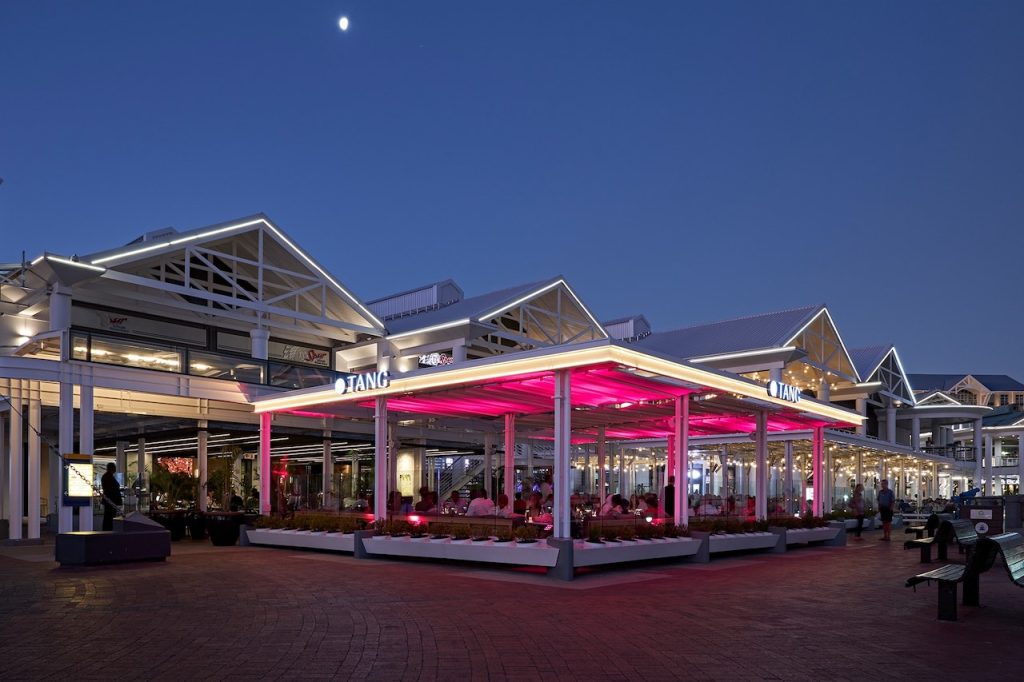Cape Town News
South Africa has taken a significant step towards ensuring a sustainable environment for its citizens. On June 30, 2023, the majority of provisions within the National Environmental Management Laws Amendment Act (NEMLAA) of 2022 have come into effect. The NEMLAA is a comprehensive law that amends various environmental management acts and addresses a wide range of environmental concerns.
Constable Mulalo Lucky Mudau, once a promising young officer in the Ekurhuleni District Tracing Unit, faces the consequences of his actions in a tragic tale of love gone awry. On February 9, 2022, Mudau went to Tembisa Hospital, where his girlfriend, Lebogang Monene, worked as a nurse.
The City of Cape Town recently honoured 152 staff members from its Recreation and Parks Department for their years of dedication and commitment. These individuals, who have served between 20 and 45 years, have contributed a total of 6,934 years to the department. The event showcased the crucial role played by these employees in the department’s success and their positive impact on the community.
The Cape Bird Club (CBC) has partnered with the City of Cape Town to restore a sand dune near the planned environmental center and outdoor classroom at Westridge Park, Mitchells Plain. This partnership, which began on June 29, 2023, marks a milestone in the ongoing collaboration between the CBC and the City’s Biodiversity Management Branch. The CBC has actively participated in various advisory committees for the City’s Nature Reserves Protected Area, and this initiative aligns with their mission of supporting legacy projects that promote environmental education and habitat restoration.
After a fouryear run, the popular telenovela Gomora has bid farewell to its captivating character, MamSonto, portrayed by veteran actress Connie Chiume. Her portrayal of the villainous character marked a departure from her previous roles, allowing her to showcase her remarkable talent and evolve as an actress.
The countdown to the Rugby World Cup 2023 has begun, and rugby enthusiasts worldwide eagerly anticipate the upcoming clash between two of the sport’s most formidable teams. On August 25th, 2023, the legendary New Zealand All Blacks will take on the powerhouse South African Springboks at Twickenham Stadium, setting the stage for a monumental battle.
Egypt’s Devolution into Authoritarianism: A Decade of Suppression Ten years ago, thendefense minister Abdel Fattah alSisi promised to lead Egypt out of the “terrorist” shadow of former Islamist president Mohamed Morsi. However, over the years, alSisi has transformed Egypt into a nation where dissent is silenced, the media is controlled, and the justice system is a maze. This article will explore the current state of repression in Egypt, examining the country’s history of activism, the extent of current oppression, and the consequences of alSisi’s regime.
Corné Els, a South African mother, is on an extraordinary journey to support her daughter, Marconette. Marconette has been selected to participate in the prestigious 2023 Tug of War International Federation (TWIF) World Outdoor Championships in Switzerland. To raise funds to support her daughter’s dream of representing South Africa on the international stage, Els has embarked on a remarkable 1,600km journey across the country on a 59yearold tractor.
Sierra Leone’s capital, Freetown, was quiet and peaceful on Wednesday as President Julius Maada Bio began his second term in office. Despite concerns over the election’s credibility and potential violence, the city remained calm. ## President Bio Narrowly Wins the Election
“The Mommy Club,” a new reality TV show on Showmax, premiered on Tuesday, 27 June. The show features five dynamic women pursuing their goals and dreams while navigating the challenges of motherhood. Mrs. Mops, also known as Nompumelelo ‘Mpumi’ Mophatlane, is one of the cast members and the target of cheating allegations made by former castmate Brinnette Seopela from the “Real Housewives of Johannesburg (RHOJ)” series. The first episode of “The Mommy Club” saw Mrs. Mops addressing the cheating rumors headon.
AmaZulu President Zungu on Benni McCarthy and Brandon Truter: Decisions, Regrets, and Moving Forward
In the world of football, one of the most challenging decisions a club president must make is when to part ways with a talented coach. AmaZulu president Sandile Zungu faced this dilemma when he decided not to retain the services of former Bafana Bafana striker and accomplished coach, Benni McCarthy. Despite the initial shock surrounding the decision, Zungu maintains it was the right move for the club.
International Pride Month provides an opportunity to acknowledge the progress South Africa has made towards achieving LGBTQI+ rights. The tireless efforts of one gay black man, Simon Nkoli, played a significant role in this progress. ### Early Life and Education
South Africa’s national rugby team, the Springboks, wrapped up their Rugby Championship training camp on a positive note. As they gear up for the upcoming southern hemisphere tournament, players will enjoy a brief break with their families before diving into a full Testmatch week.
Cape Town, a vibrant city in South Africa, is eagerly anticipating the upcoming Vitality Netball World Cup, with only 30 days left until the tournament begins. In preparation for the event, the city has unveiled a new World Cup legacy mural at the [Bellville Netball Club](https://capetown.today/thesportingsymphonycapetownsunder19netballtournament), which is currently undergoing restoration.
In the world of tennis, the topic of the Greatest of All Time, or GOAT, continues to spark fierce discussions among fans and experts. While opinions abound, former Wimbledon champion Frederik Lochte Nielsen’s recent take on the topic offers a unique perspective on the ageold debate.
The highly anticipated World Rugby U20 Championship is returning in 2023 and will be hosted at the iconic Athlone Stadium in Cape Town. This tournament is expected to be a thrilling and memorable event for sports enthusiasts and spectators alike. It will feature 12 teams from across the globe showcasing their incredible talent and sportsmanship.

